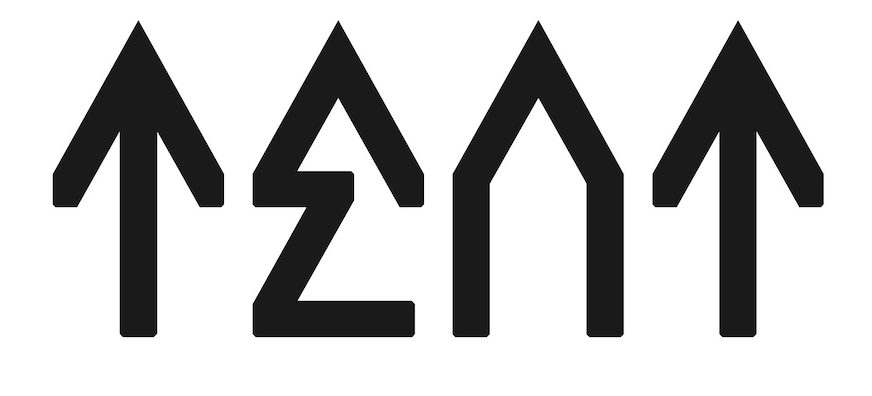What is Wasteland?
Wasteland is a nomadic festival exploring waste ecologies and infrastructures through the lens of art, design, and interdisciplinary research. Each edition unfolds in a different location, in close dialogue with the city and its material flows.
We don’t just look at waste as a problem to solve — we treat it as a lens through which to examine broader questions of extraction, inequality, and planetary care. We think waste is cultural, political, and deeply human. It tells stories about who we are and what we value.
The festival brings together artists, researchers, activists, community groups, and curious publics to share ideas, experiments, and experiences. Since 2022, Wasteland has hosted two public editions in the Netherlands and continues to grow through research, collaborations, and community-rooted projects.

















